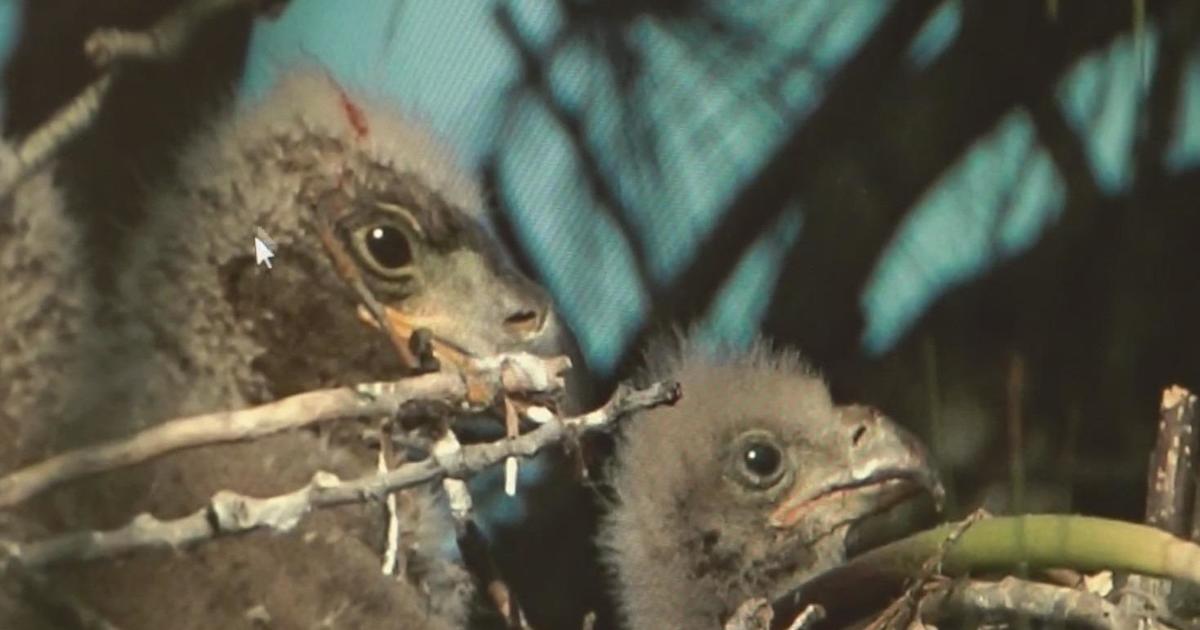Relatively mild winter causing bee populations to grow faster, swarm sooner than expected
A mild winter is bringing out the bees. We took a look at why hives are swarming sooner than expected and how you can get them to buzz off.
We took a closer look into this year's swarming season and what you can do if a hive ends up in your backyard. Chrissy Langlois, owner of Wildflower Ranch, is fairly new to beekeeping, but she's already an expert. Not only does she manage several hives in her backyard, but she also helps her neighbors in the Rio Vista area relocate swarming hives.
"Bees are like teenage girls. They're very fickle, and you never know what they're going to do," said Langlois.
A swarm is when the queen bee leaves her current hive in search of a new one. However, they can sometimes end up in trees, chimneys, or even inside walls of homes.
"We are in the first week of January, and it's already started," said Langlois. Swarms generally happen in the spring, but this year, it's happening much sooner. The mild temperatures this fall and winter, combined with less rain, mean more opportunities for plants to grow and bees to forage for pollen.
"If pollen and nectar are out, they're going to go out and find it and bring it in," said Langlois.
To conserve food during the winter months, drone, or male bees, are usually kicked out and left for dead. Their service is for eating and mating. However, Langlois says some of the drones are sticking around, meaning there's an abundance of food, and the queen has an opportunity to mate and lay more eggs. That's when things get crammed.
"There's no more room for the queen to lay, or there's no more to create or store honey or pollen, then they'll leave," she said.
Possibly making their way to your backyard.
"It's not something we're accustomed to this time of year," said Langlois.
If that happens, don't panic, but you will want to act fast.
"While that queen is nesting in that swarm, you have scout bees out looking for a home. That home could be your wall, your chimney; it could be your eaves, and now you're going to have to pay a beekeeper to do a structural removal," said Langlois.
If you get swarmed, experts say to stay away from it and do not spray it with water. They suggest calling a beekeeper immediately.



